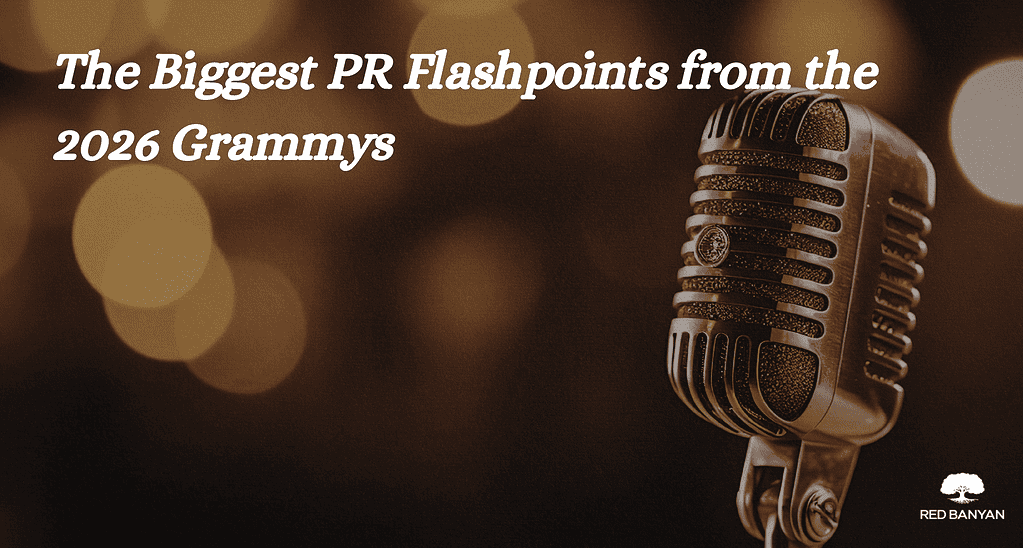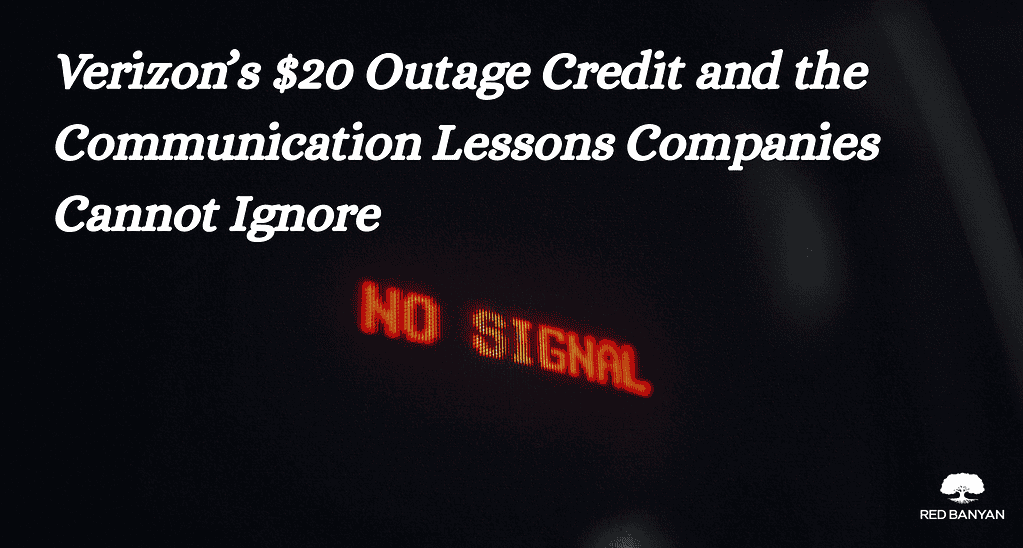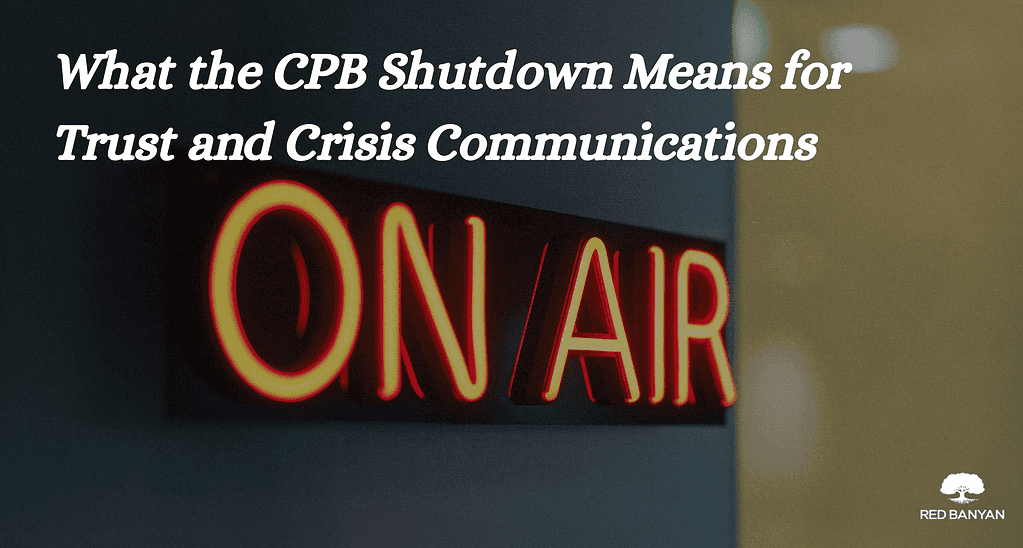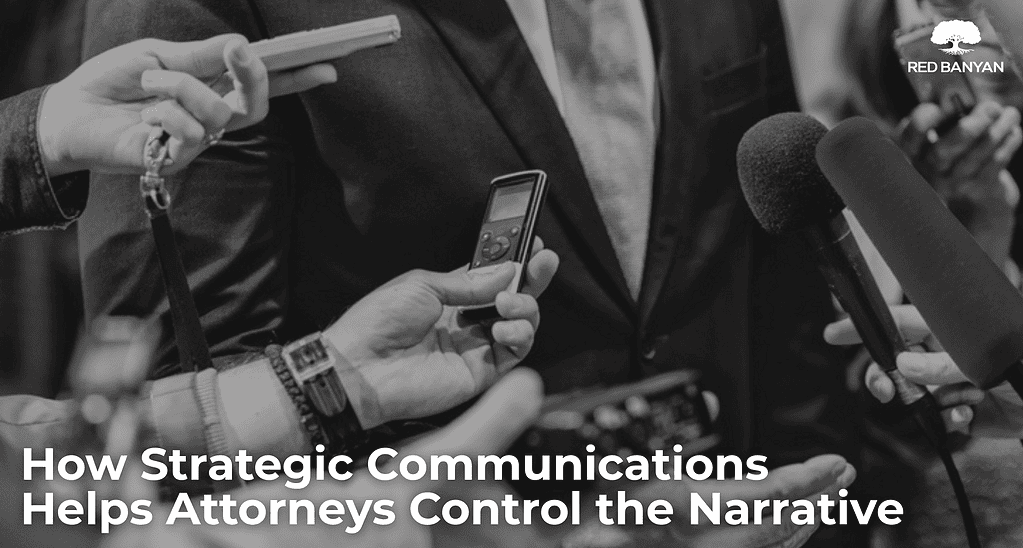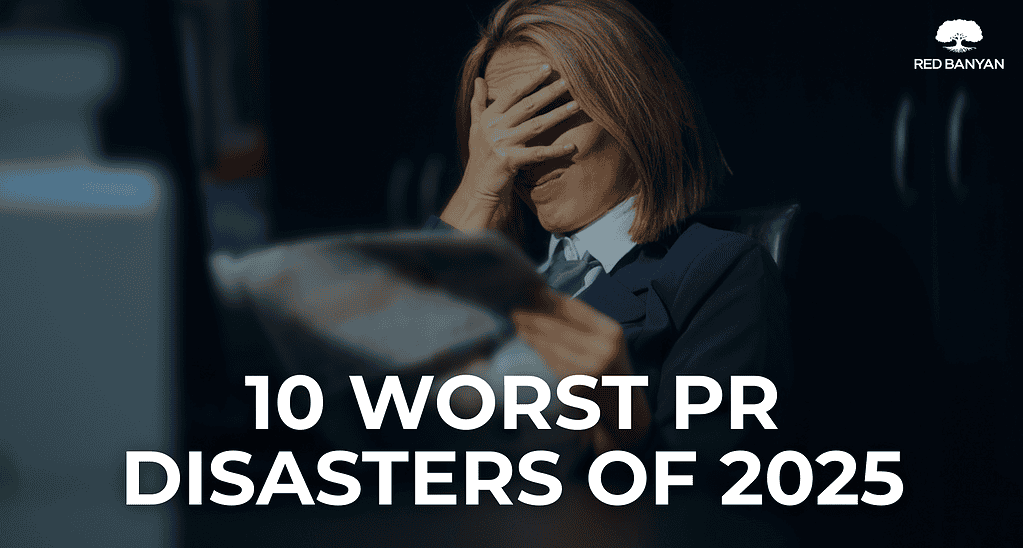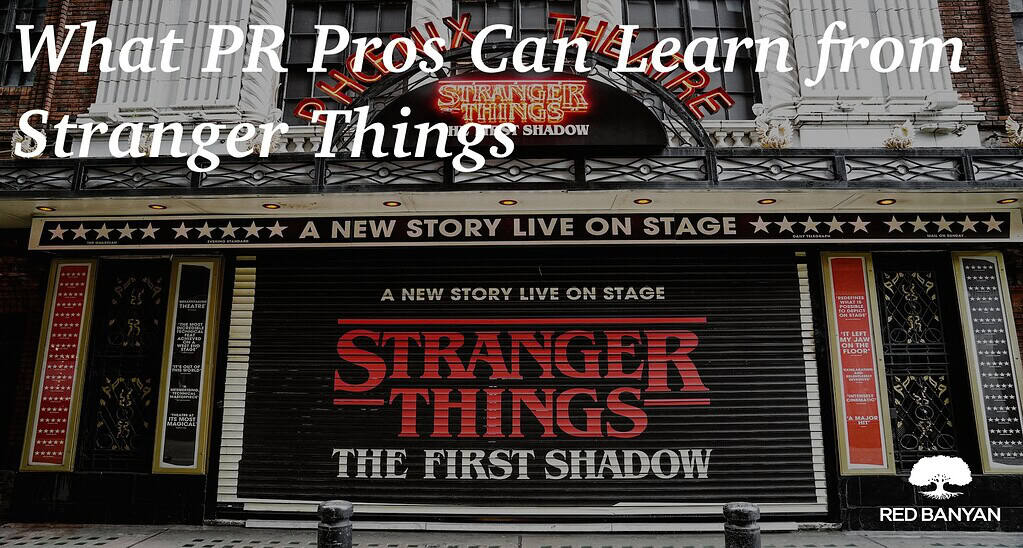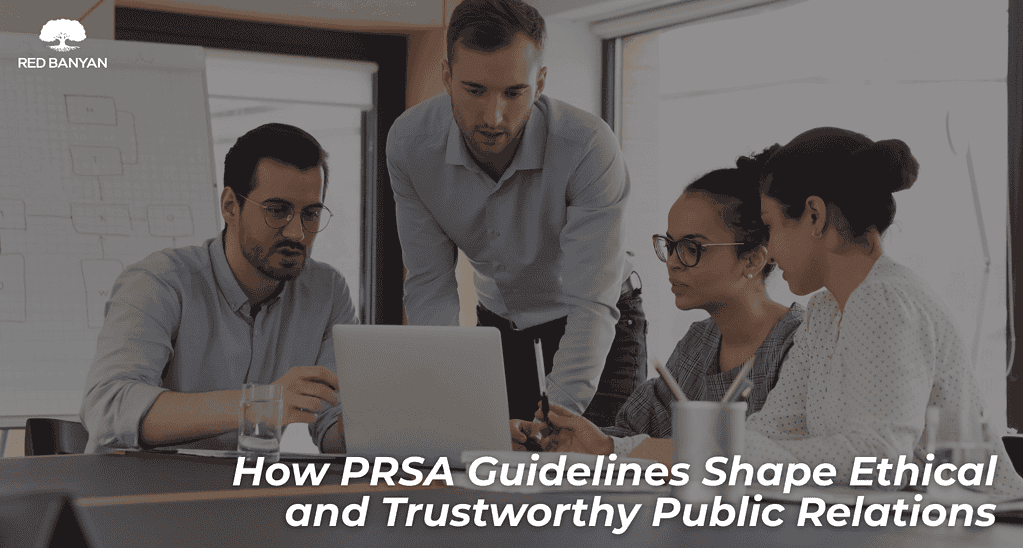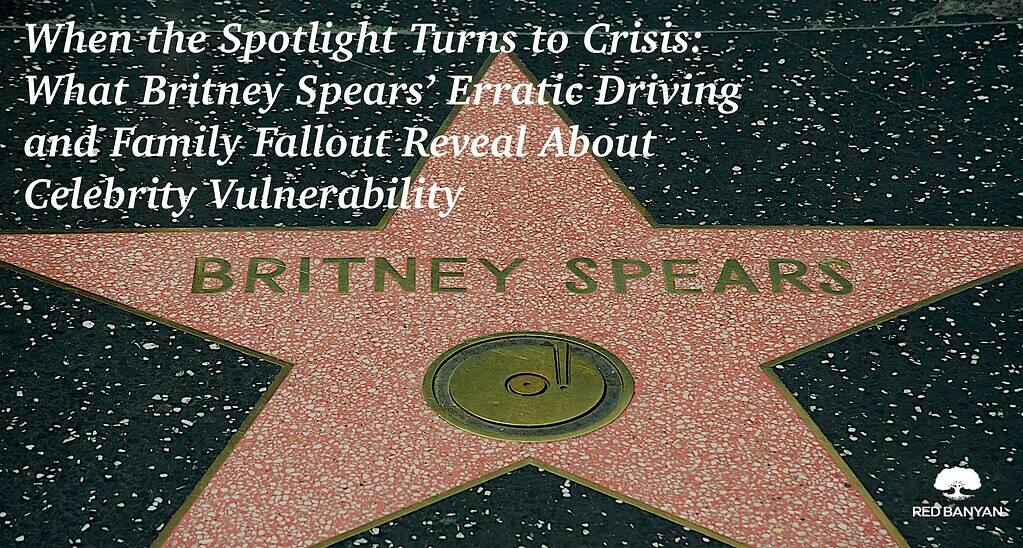Jack Schlossberg, grandson of President John F. Kennedy, has recently announced his congressional campaign for New York. With his iconic lineage and a Yale Law degree, Schlossberg positions himself as a fresh voice in the Democratic Party. But while his pedigree brings gravitas, his online presence tends to stir controversy.
A History of Online Controversy
Schlossberg enters the political arena with a track record of social media controversies that could complicate his campaign.
In December 2024, he became the subject of a defamation lawsuit from famed attorney Alan Dershowitz after posting a video online falsely claiming Dershowitz had murdered his wife. The backlash was swift. Schlossberg’s social media accounts were temporarily deactivated, and the incident made national headlines.
Just weeks prior, he had drawn criticism for publicly mocking his cousin Robert F. Kennedy Jr.’s spasmodic dysphonia, a neurological condition that affects speech — a move many saw as tasteless and deeply personal.
These incidents reflect a social media persona that is brash, reactive, and unpredictable — traits that may not align with voters’ expectations for a congressional candidate.
The Internet’s “Babygirl” Candidate
Schlossberg’s campaign isn’t gaining attention just because of his famous last name — it’s also fueled by the kind of internet notoriety few congressional hopefuls could ever pull off.
With over 1.6 million followers across TikTok and Instagram, Schlossberg has carved out a highly visible and often chaotic digital persona. His content swings between political skits, playful jabs at Republicans, paddleboarding selfies, and offbeat humor that resonates with a younger, highly online demographic. He’s even referred to himself as a “silly goose,” fully leaning into the irony-soaked Gen Z style of internet engagement.
In the eyes of many online fans, Schlossberg fits neatly into the internet’s “babygirl” archetype — a label often applied to conventionally attractive men who are perceived as emotionally vulnerable, socially unpredictable, or delightfully unfiltered. Think: part heartthrob, part wildcard.
This aesthetic, combined with his Kennedy good looks and 6’2″ frame has made him popular among Gen Zs who find Schlossberg’s blend of serious political ambition and unserious, meme-ready delivery particularly appealing.
Some social media users have expressed support for the “babygirl” candidate:
“Imagine living in Zohran’s New York in Jack Schlossberg’s congressional district. It’s the sexiest possible representative lineup a young political person could dream of,” wrote Channing @quarantinetime on X.
Imagine living in Zohran’s New York in Jack Schlossberg’s congressional district. It’s the sexiest possible representative lineup a young political person could dream of.
— channing (@quarantinetime) November 12, 2025
However, others questioned whether his campaign was propelled more by family legacy than merit.
“I think it’s beautiful that you can go from doing whatever this is on Instagram to running for Congress in just three months simply by being a Kennedy,” senior social media editor at Semafor Josh Billinson commented.
I think it’s beautiful that you can go from doing whatever this is on Instagram to running for Congress in just three months simply by being a Kennedy https://t.co/uJKXU2H6Jb pic.twitter.com/E6O9jrPuHh
— Josh Billinson (@jbillinson) November 7, 2025
Politics in the Age of Social Media
Today’s political landscape is radically different from what it was even 20 years ago. Every post, like, and tweet becomes part of a candidate’s permanent record — accessible to voters, journalists, and opponents alike.
Social media has become both a megaphone and a minefield for political hopefuls. One impulsive rant or poorly worded post can be the difference between running for office and running damage control.
Many politicians have felt both edges of this digital sword.
- Alexandria Ocasio-Cortez has faced criticism for past videos and livestreams.
- Former Rep. Madison Cawthorn saw his career unravel after resurfaced videos and controversial social media content painted a damaging portrait.
Voters and political opponents have long memories, and digital content has an even longer shelf life.
How Voters Might React
Schlossberg’s eccentric online persona may play out differently depending on the audience.
- Primary voters — often loyal to party and legacy — might give him some leeway. The Kennedy name still carries weight, and some Democratic voters may view his missteps as youthful lapses in judgment. However, these voters also value decorum and credibility. If Schlossberg’s tone feels misaligned with the seriousness of the office he seeks, that goodwill could evaporate.
- General election voters tend to assess candidates beyond party loyalty. For this broader audience, Schlossberg’s online behavior — particularly the Dershowitz incident — may not read as sign of poor temperament and judgment.
The media will undoubtedly revisit these episodes as his campaign progresses. How he handles them will be critical.
What Schlossberg Needs to Do
As a strategic communications firm, Red Banyan has advised politicians, executives, and even presidential candidates through high-stakes reputation challenges. If we were advising Jack Schlossberg, here’s what we’d recommend:
- Own Your Past: Address past mistakes head-on. Don’t hide or deflect — acknowledge the impact of his words and the lessons learned.
- Shift the Narrative: Move the conversation from controversy to competency. Talk about policy, vision, and values — not personal vendettas.
- Practice Message Discipline: Make sure your social media posts are aligned with your overall political campaign messaging.
- Stay Off the Offensive: Social media rewards snark, but voters reward maturity. Resisting the urge to lash out will be critical for credibility.
- Prepare for Opposition Research: Get ahead of vulnerabilities from the opposition by running a mock vetting process. Become an expert in answering difficult questions.
Final Thoughts
Jack Schlossberg carries a storied legacy thanks to his last name — but in today’s digital world, your real legacy is your social media feed. His reads more like a shock jock than a statesman, and that contrast will likely shape how voters and the media evaluate his candidacy.
In the age of digital permanence, past behavior will influence political viability. But with the right strategy, discipline, and professional guidance, candidates can confront reputational liabilities — and reintroduce themselves on their own terms.
Need help navigating the political spotlight? Red Banyan helps candidates and public figures manage crises, repair reputations, and lead with confidence. Contact us today to learn more.





